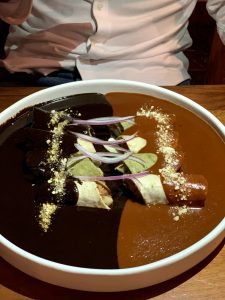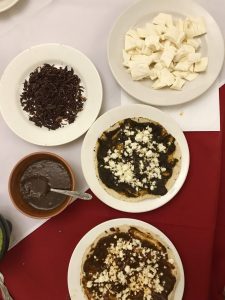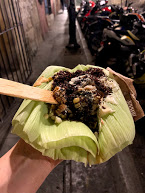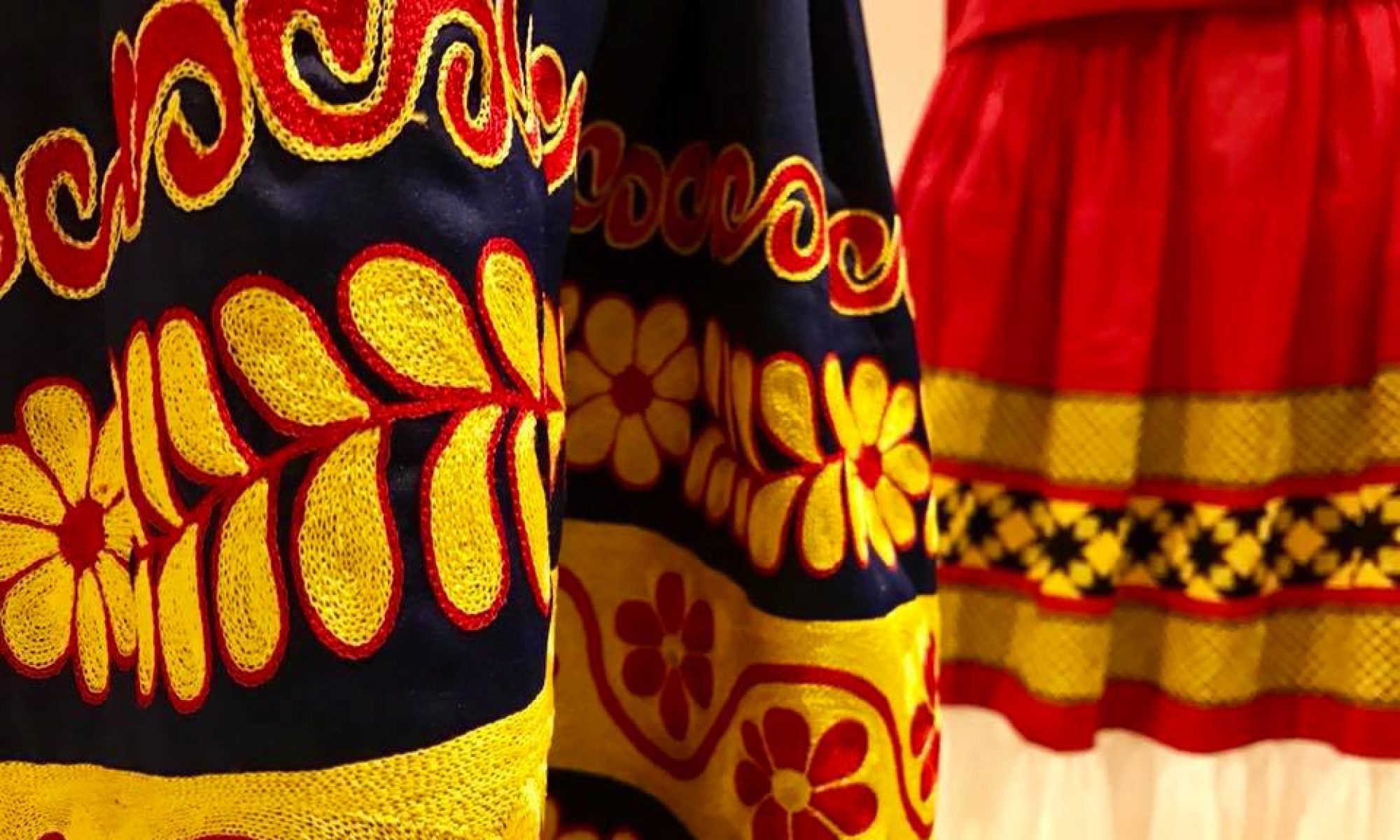This is not my first food-related class, and it would definitely not be the last one. It was hard for me to choose from all the words that were analyzed, but I decided to talk about “Food systems” as it can encompass all the other terms in one way or another.
I was first introduced to the Food Systems concept in my first year at university. I mean, I am in the Faculty of Land and FOOD SYSTEMS. You may or may not be surprised to learn that everyone in my faculty must take LFS 100, LFS 250, and LFS 350, classes that teach us about food systems in BC and worldwide. Dr. William Valley, my professor for two of those classes, challenged my way of thinking. He introduced me to system thinking, wicked problems and to approach food more holistically.
I used to think about food systems as a linear process. However, food systems are everything but linear. The more I study food, the more I realize how complex it can be. Reading the food systems definition, I was surprised to see that waste management was not included. I think that studying food waste is as important as analyzing food production and distribution. Mostly when 35% of our food is being wasted.
I could keep talking about food systems all night long, but instead of stating what I have learned in my previous classes. I started thinking as well about all the things I haven’t yet explore. I grew up in Oaxaca, which is one of the poorest states in Mexico, one with the highest numbers of Indigenous communities, and known in Mexico for its food. I have known these facts for a long time, but I haven’t taken the time to think about the connection between them. This is not my first food class, but my first Indigenous studies class, and I can’t wait to keep learning.



Picture 1 – Duo de moles – Zandunga, Oaxaca, Mexico
Picture 2 – Quesillo, Chapulines, y emoladas, El Coronita, Oaxaca, Mexico
Picture 3 – Esquite, La Calle, Oaxaca, Mexico

